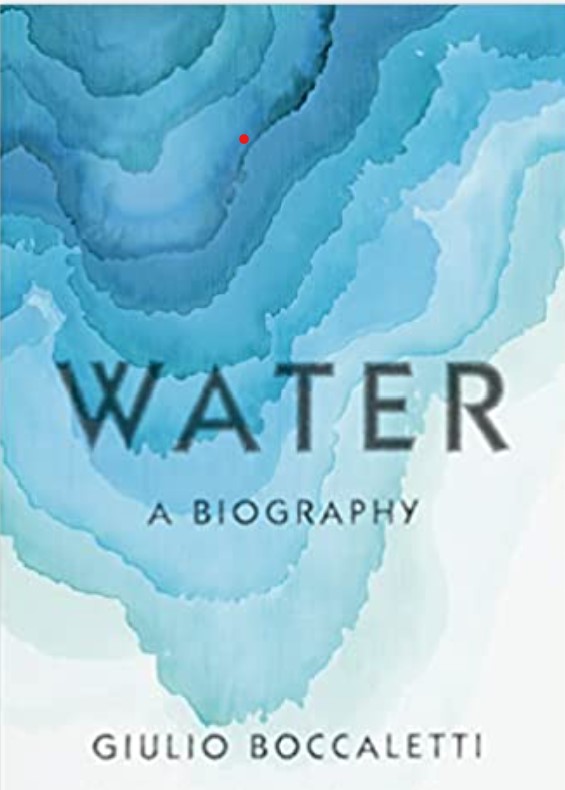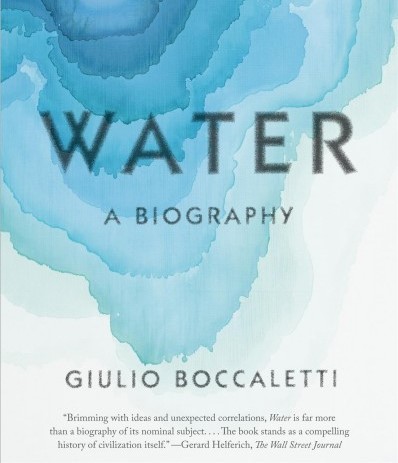Water’s Complex Human Narrative


The story of water and the need to control is very much the story of human existence. According to author Giulio Boccaletti, efforts to transport and store water for agriculture and human consumption was, and remains, the primary organizing force in human society, a phenomenon that lives on to this day.
By Eric Herman
It’s one of the greatest stories every told. In the 2021 book, Water: A Biography (Pantheon Books, NY), author Giulio Boccaletti, tells the story of humankind’s relationship with water, and how the need to control water has shaped history, from the dawn of civilization to modern times.
Using tremendous detail covering centuries of efforts to control the natural environment, Boccaletti effectively makes the case that the need to harness water for agriculture and, indeed, human existence, has defined the trajectory of societies of all types, sizes and eras.
In a review for The New York Journal of Books, Robert S. Davis writes: “The story of water can be told many ways but [Boccaletti] tells a history of human manipulation of the environment. The author does this by explaining big ideas effectively and simply.”
n the book’s prologue, Boccaletti establishes the framework for the ambitious narrative: “The central argument of this book is that humanity’s attempts to organize society while surrounded by moving water led people to create institutions, which tied individuals together in mutual dependence as they tried to deal with their environment.
From countless variations over the centuries, the republic emerged as the most successful mechanism to mediate the modern concerns of individual freedom and collective benefit in the face of water’s overwhelming force.”
The story, he explains, began more than ten thousand years ago when humans became sedentary as a result of the switch from hunting and gathering to agriculture, and experienced the need to create artificial ecosystems. “Over the course of human history, life on the water landscape forged a social contract. Water is the ultimate res publica – a public good – a moving, formless substance that defies private ownership, is hard to contain, and requires collective management.”
He argues that the institutions that arose from the need to control water spread throughout the world, evolving into modern societies over thousands of years. Understanding that broad sweep of history is, he argues, essential to understanding the history and nature of society.
That all-encompassing story is told in four parts: Part I describes the human relationship to water from neolithic to classical antiquity. Part II traces how the antiquity “metabolized” into the modern state, from Rome to the British Empire and eventually the American republic. Part III covers how the emergence of the modern state and capitalism transformed human relationship to the landscape. And, in Part IV describes how “water’s agency” still impacts our world.
At 380 pages, the book delves into vast historic detail with literally hundreds of research references. It is a long read, but one that rewards the time spent, especially for history enthusiasts and those interested in water as a macro resource issue.
In many ways, this magnificent telling serves as a companion historic narrative that effectively defines how the human relationship to water has played a major role in defining how we seek to control nature, and as a result, construct the world in which we live.
It is very much the story of watershaping on the grandest possible scale and context.
Giulio Boccaletti, Ph.D., is a globally recognized expert on natural resource security and environmental sustainability. He is an honorary research associate at the Smith School of Enterprise and Environment at the University of Oxford.









